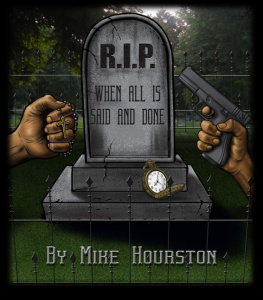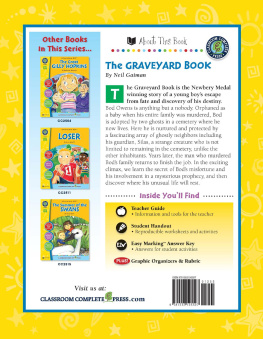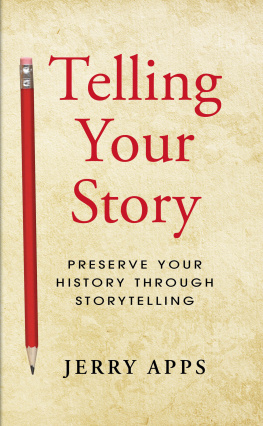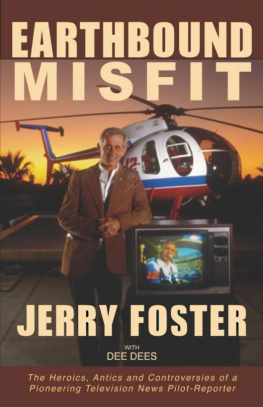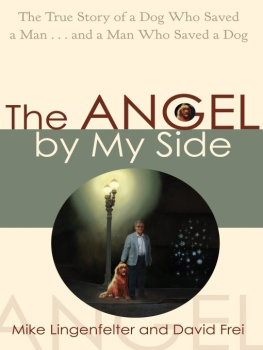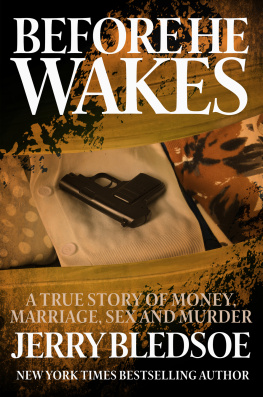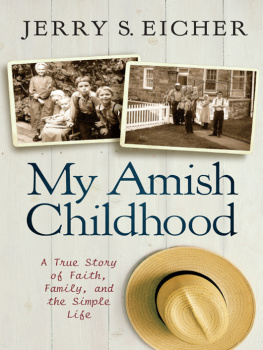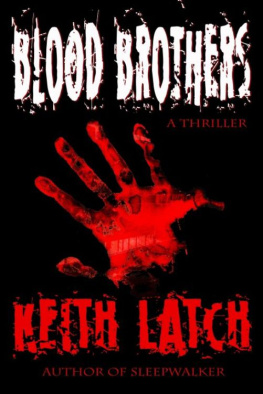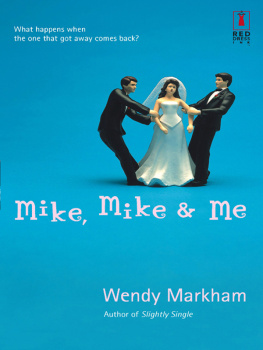R.I.P.
When All is Said andDone
By
Mike Hourston
Copyright@ MikeHourston
This is a work of fiction. Names,characters, and incidents depicted in this story are a product ofthe authors imagination and are used fictitiously. Any resemblanceto actual events, or persons living or dead, is entirelycoincidental and beyond the intent of the author.
CONTENTS
STORY ONE
New Times Meet OldTimes
A hot, humid spring breeze carried thesmell of fresh-cut grass as pallbearers Deacon, Mike, Gary, andSteve, dressed in black suits and bright-blue ties, watched thecoffin of their murdered friend lowered into the ground at the bigCatholic cemetery in Saint Louis.
Founded in 1854, Calvaryheld such luminaries as civil war general Sherman, and playwrightTennessee Williams. Today it welcomed its newest resident, at theage of fifty-two. The headstone, purchased by his friends,read Bobby AherneFriend.
After leading the small group inprayer, Deacon scattered a handful of earth over the coffin, andwalked to a nearby maple tree. He gazed at the bustling traffic onBroadway Boulevard and realized all that separated those out therefrom Gods eternity was the cemeterys six-foot cast-iron fence andone-hundred feet of pretty green grass. He wondered why life wasoften short and tragic.
Mike approached Deacon. We cant letthem get away with this. We owe Bobby.
Deacon rubbed away a tear, as heleaned against the tree. I remembered us being young. We rode thebus to school, played baseball, camped and fished in those hotSaint Louis summers. And that sweet cotton candy and crazy redroller coaster at Fun Fair Park. Im sure we got mad and miserableat times, yet we always had our tomorrows.
Deacon glanced at the grave. Letsget something to eat and figure this out.
Walking to their cars, they noticed ashort, plump, gray-haired man with a handlebar mustache standingnext to a silver sedan.
Deacon asked, Anybody knowhim?
Wow, dig the crazy blackderby and gold chain and pocket watch. Ive never seen a lavenderbowtievery dapper, Mike said.
Sure, dapper a hundredyears ago.
The old man, with the help of a cane,limped toward Bobbys gravesite, while three police carsred-lightsflashingentered the cemetery followed by a hearse, ten limousines,and a long line of cars.
Mike watched the death procession passand was reminded nightfall catches up with everyoneeven bigshots.
Deacon, Mike, Steve, and Gary arrivedat Petes diner around eleven-thirty. Most of the seats wereempty.
Petes Place had been servinghamburgers, pizza, fries, and other short-order items for overforty years, and was the last diner left in the neighborhood.Owners Pete and Mary Carlyle, now in their late seventies, workedevery day. Pete, in overalls and gray sweatshirt, was in thekitchen. Mary, always in a dress, served tables and managed thecash register.
Mike headed toward a window booth inthe back. Lets grab our spot.
The wooden tables and chairs wereoriginal and worn. The booths green upholstery had patches.Scuffs, scratches and cracks covered the gray tiled floor. Otherthan prices, the menu hadnt changed since the placeopened.
Mary stared for a moment, and thenhurried over. I havent seen you boys in years. Steve, you used tobe thin. And Deacon, youve gotten so gray.
She patted Deacon on the back. Petewill be glad to see you guys. I guess its the usual?
You bet.
Mary scanned the table. Hey, whatswith those black suits and blue ties, and wheres the other memberof your crew, Bobby?
Deacon looked up. We buried him atCalvary an hour ago.
Mary grabbed a chair and scooted up tothe booth. Oh my God! How, where, when did thishappen?
Someone murdered him. TheD.C. cops told me hed been beatenmaybe tortured, and thenshot.
What was he doing inWashington?
We dont knowyet. Bobbyhad me listed as contact person on the back of his driverslicense, so the D.C. cops called mea Sergeant Craft. I couldnttell him anything useful. After they finished with the body, I hadit shipped back here. Now hes at Calvary next to his mom anddad.
Have the cops caught whodid this?
Not so far.
Mary headed toward the kitchen. Illtell Pete.
Mike scanned the empty parking lot.This place used to be packed at lunch time. Remember the jukeboxover there in the corner. For a couple of summers all you heard wasBeatles or Beach Boys music. I still listen to thoseguys.
Deacon took off his jacket. I haventbeen back in over twenty years. There are a couple of social mediasites where people post and update the goings-on here. Seems thewhole neighborhood has gone to hell. On the ride over you guys musthave noticed how beat up things are. You know they had eightmurders in the neighborhood last year.
Gary said, Push hard enough andanything will topple. We moved to California after I graduated highschool, and I havent been back till now.
Steve nudged Mike as an old couple satdown. Thats Dave and Amy Shoults. You remember Dan Shoults fromhigh school. Those are his parents. Dan ought to get them outbefore they get killed.
Mike asked, What happens to Bobbysthings?
Deacon rolled his eyes. What things?He lived in a trailer park way out on Bryan Road. I stopped therelast week and rummaged around for some decent clothes he could beburied in. All I found was some old jeans, a few dirty plaidshirts, and a couple pairs of tennis shoes. Oh yes, there was abroken radio. The place was so messy it looked like it had beenransacked. Hell, I bought the suit we buried him in.
Steve pointed at the pack ofcigarettes in Mikes shirt pocket. I see youre stillsmoking.
Two packs a day forthirty-five years. Bobby and I smoked our first cigarette together,and then Deacon a couple months later. I think we were twelve orthirteen. We could buy a pack for a quarter at the drug store, andno one asked us about our age.
Mary arrived pushing a small cart witha couple pitchers of draught beer, and two thin-crust, extra-large,three-topping (sausage, bacon, pepperoni) pizzas. This is on thehouse. Wave when you guys are ready to leave and Ill bring Peteover.
Deacon and the others spent the nexthour sharing stories and reminiscing. Their working-classneighborhood was built in the Fifties. The tight little wood-frameranch homes were eight- hundred square feet, with a singlebathroom. You could buy one for ten-thousand dollars. Mostmortgages were backed by the G.I. Bill, since the majority ofapplicants were veterans of WWII or Korea. In those days, momsstayed home raising a family of four or five kids, while dad workedat a factory, drove a truck, or repaired something. The Catholic,Baptist, and Presbyterian churches got filled on Sunday, and eventhe public schools did OK. Packed with kids, the neighborhood wassafe and friendly. Lawns were cut, flowers planted, and weedspulled. Every back yard had a clothesline where moms hung whitesheets and other items that fluttered in the spring and summerwinds. Ten walking minutes from anywhere in the neighborhood wasthat strip mall with its Ben Franklin dime store, drug store,mom-and-pop grocery, little bakery, a barber shop with threechairs, and next to it a girls dance studio. Kids bought pennycandy, models, comic books, or just hung out there. It had adoctors office in the back; he even made house calls.
They shared baseball, fishing, andcamping memories. First girlfriendsthe names Karen and Leslie cameup. And favorite old coachesPete had coached their little leaguebaseball team for four years.
Mike glanced at the parking lot. Illbe damned, that old pine tree is still hanging on. It lookedhalf-dead when we were kids. We fought those guys from Dellwoodnear that tree. Bobby waded into them and bloodied that big kidsnose and they went running. Nothing scared him.
Mike raised his glass. Lets give itup for Bobby.
Next page
